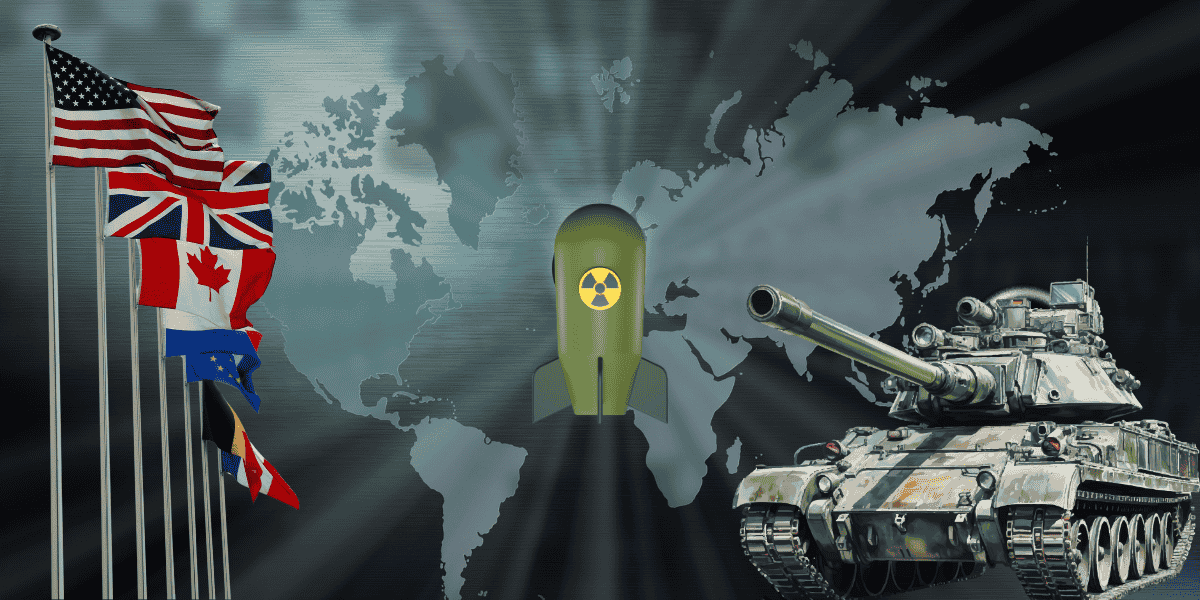The social media ban on US President Donald Trump has created a buzz with some hailing the decision of big tech firms and others calling it an attack on “free speech”. This episode is also a stark reminder of how some of these platforms courted controversies in India.
India-Pakistan Engage In 5th Gen Warfare As Propaganda War Erupts Over Kashmir, Balochistan
Following Trump’s speech on Wednesday afternoon near the White House where he reiterated his rejection of the November 2020 election result, thousands of his supporters breached the Capitol building disrupting, the Congress’ approval of the election results.
Lawmakers were evacuated from the building to safety as the mob clashed with the law enforcement officials in the building. According to media reports, five people died including a police officer, and several people were injured.
Anyone else feel like proper amount of capital police being absent/letting Trump people in/providing insane visuals of MAGA dudes on the floor of the house was wildly convenient to justifying big tech’s rollout of censorship?
— Emily Ratajkowski (@emrata) January 7, 2021
After Democrat candidate Joe Biden clinched the electoral college victory, Trump has repeatedly claimed election fraud and began a campaign to discredit the vote-counting in different states. However, the President met with multiple legal defeats as courts rejected his claims and ratified the election results in Biden’s favor.
Days after the incident, social media platforms like Twitter and Facebook suspended Trump’s accounts. Facebook’s founder Mark Zuckerberg said that Trump’s use of the platform “to condone rather than condemn the actions of his supporters at the Capitol building has rightly disturbed people in the US and around the world” extending the ban on his Facebook and Instagram accounts “indefinitely and for at least the next two weeks until the peaceful transition of power is complete”.
Twitter also blocked Trump’s account for 12 hours for violating its rules and warned that future violations may result in a permanent suspension of the account. Following the platform’s warning, Trump posted a video message asking his supporters who stormed the Capitol to peacefully “go home.” However, he reiterated his baseless claim of a fraudulent election that led to a permanent suspension of his Twitter account.
In the context of horrific events this week, we made it clear on Wednesday that additional violations of the Twitter Rules would potentially result in this very course of action. https://t.co/NrANZJcAfo
— Twitter Safety (@TwitterSafety) January 8, 2021
“We had an election that was stolen from us,” Trump said in the video. “It was a landslide election and everyone knows it, especially the other side. But you have to go home now.” The video was later deleted from Youtube and Facebook.
Twitter said that on a close review of Trump’s tweets, his account was permanently suspended due to the “risk of further incitement of violence.” While some hailed the move, others doubted the motives behind the silicon valley companies.
Abram Brown of Forbes wrote that in January 2021 it is “politically convenient” for big tech firms including Facebook “to take this stance with Trump on his way out and Democrats on their way in”. He explained that Democrats have criticized Facebook for its “reluctance to tamp down on misinformation and hate speech—to do exactly what Facebook finally chose to do in his exiling of Trump.”
Twitter's move to ban Trump is a businessman's decision to move into the good books of the new government.
Both Facebook and Twitter continue to allow numerous accounts to promote hate and violence in India.
— Tufail Ahmad (@tufailelif) January 9, 2021
While the steps were taken by the social media platform to curb any more violence, some of them have faced scrutiny in other countries for their reluctance to ban hateful speech.
In a Wall Street Journal (WSJ) report, Facebook concluded that Indian politician T. Raja Singh, a member of Telangana Legislative Assembly and a member of the ruling Bhartiya Janta Party (BJP) at the Centre who called to shoot Rohingya Muslim immigrants and threatened to demolish mosques.
However, Facebook’s top public-policy executive in India, Ankhi Das, overruled applying hate speech rules to the politician saying that “punishing violations by politicians from Modi’s party would damage the company’s business prospects in the country,” the report added.
I'm very sorry for this. It's not relective of our views. We took a private photo with a gift just given to us – we should have been more thoughtful. Twitter strives to be an impartial platform for all. We failed to do that here & we must do better to serve our customers in India
— Vijaya Gadde (@vijaya) November 19, 2018
This wasn’t an isolated incident. Last month, WSJ said in another report that Facebook determined Bajrang Dal, a Hindu right-wing group, as a “dangerous organization”. However, the company didn’t flag the organization’s page as the employees raised concerns that doing so can trigger physical attacks on company employees and can also affect its business in India.
Similarly, Twitter had also invited controversies for its inconsistent stand on hate speech. A report by the Committee to Protect Journalists (CPJ) said that Twitter removed millions of tweets and suspended accounts that were critical of the government’s move to revoke Article 370 that granted special status to Jammu and Kashmir and a substantial amount of autonomy to frame its own laws.
The platform has also been severely criticized for not taking any action against caste-based abuse and violent threats including rape and death threats faced by women using these social media platforms.
Follow EurAsian Times on Google News




